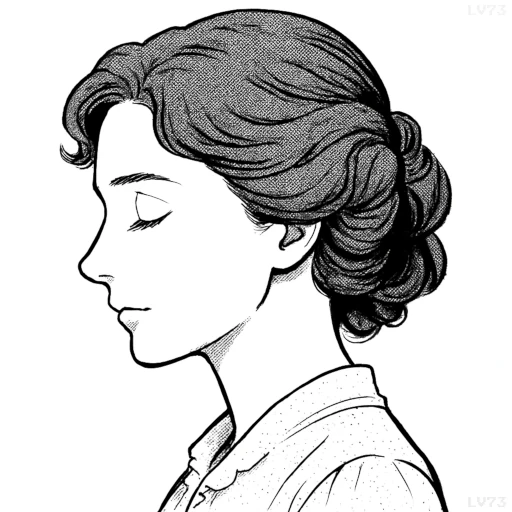“The only thing worse than being blind is having sight but no vision.”

- June 27, 1880 – June 1, 1968
- American
- Author, educator, human rights activist
table of contents
Quote
“The only thing worse than being blind is having sight but no vision.”
Explanation
In this quote, Helen Keller underscores the importance of vision—not just the physical ability to see, but the deeper ability to understand, aspire, and engage with the world with purpose and meaning. Keller argues that while being blind is a profound challenge, the inability to see beyond the immediate or to live with direction and intent is even more devastating. Sight without vision leaves one adrift, unable to make sense of or contribute meaningfully to the world. Keller highlights that true fulfillment comes from having a clear vision of one’s goals, values, and purpose, which allows individuals to navigate life with clarity, even in the absence of physical sight.
Keller, who overcame her own blindness and deafness to achieve remarkable things, exemplifies the power of inner vision. She demonstrated that physical limitations do not have to define a person’s potential. Instead, it is the ability to see possibilities, set meaningful goals, and persevere despite obstacles that leads to real success. Keller’s own vision—both literal and metaphorical—allowed her to break barriers, become an advocate for the disabled, and lead a life of profound impact. This quote reflects her belief that vision, in the deepest sense, is what drives individuals to make a difference in the world.
In the modern world, Keller’s words remain highly relevant. In an era where material success and external appearances often dominate, Keller reminds us that true vision—the ability to see with clarity, purpose, and a sense of direction—is what ultimately brings meaning to our lives. Many people today may have the physical capacity to see the world around them, but without a strong vision or sense of purpose, their lives can feel aimless or unfulfilling. Keller’s message challenges us to cultivate not just sight, but a deeper vision for the kind of life we want to lead, and to actively work toward a future we believe in.
Would you like to share your impressions or related stories about this quote in the comments section?
